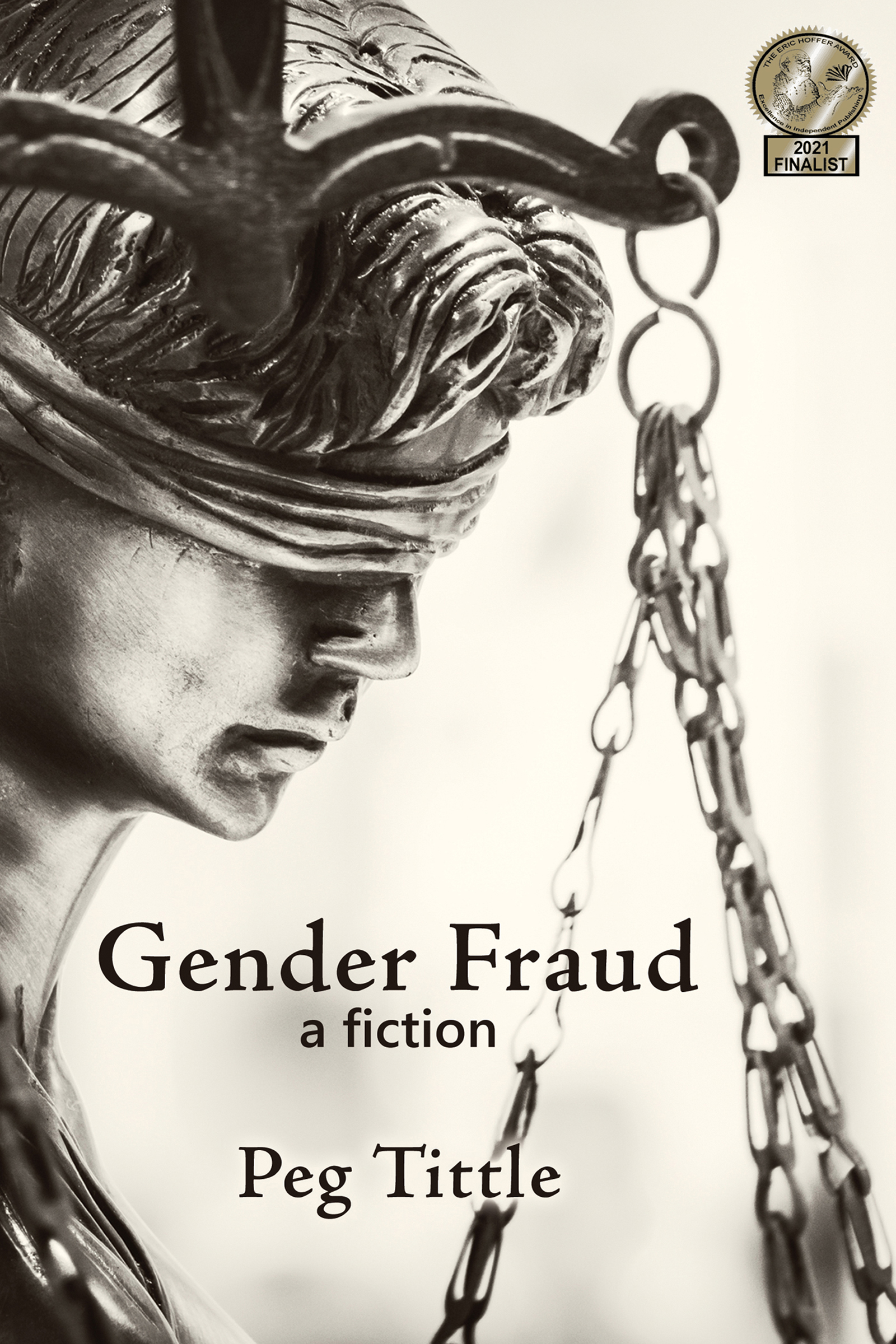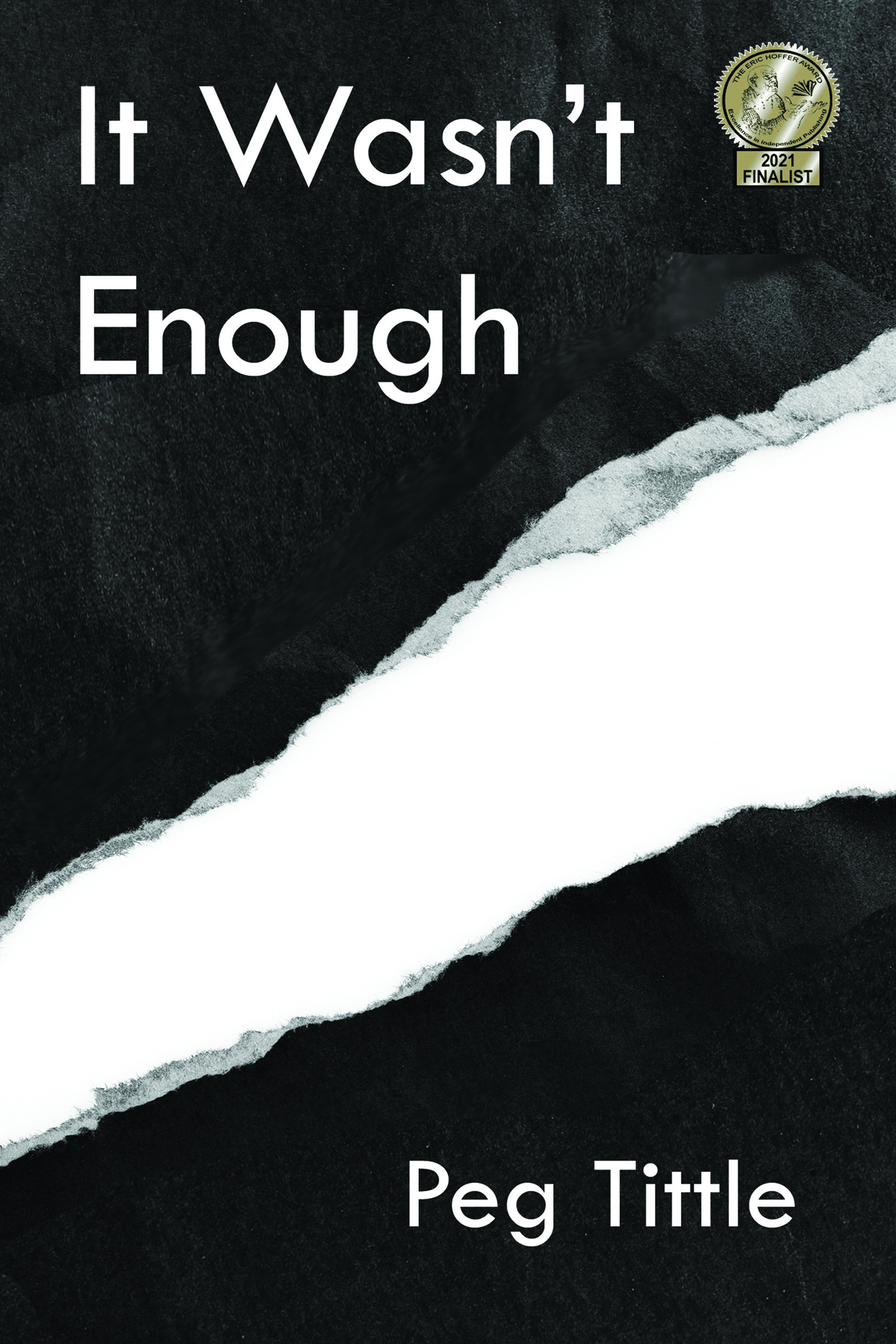As in exhibiting ‘unprofessional behaviour’ or wearing ‘unprofessional attire’. As in something ‘not good’. As in ’cause for dismissal’. Given that extreme consequence, we’d better define ‘unprofessional’. Easier said than done.
The word ‘professional’ means, literally, ‘pertaining to the profession’. Not helpful. Let’s assume that the profession’s standards are being referred to, standards which, presumably, identify a certain minimum regarding quality of performance. For example, good counselling depends on trust; specifically, for example, the counsellee trusts the counsellor not to tell others what has been discussed during the session. Therefore, a counsellor who fails to maintain confidentiality is being unprofessional. To mention another example, it is incontestable that certain professions are best carried out when their practitioners do not accept bribes. So if a police officer or a lawyer did accept a bribe, s/he would be guilty of unprofessional behaviour. So far, so good.
What about the professor who has a personal relationship with a student? Is it incontestable that university education is best achieved without personal attachment between professor and student and/or when the professor is impartial? Is impartiality possible, let alone probable, even without professor-student relationships? (I’m thinking of racial, religious, and gender prejudices, and even simple personality conflicts.) And do personal attachments necessarily mean lack of impartiality?
Consider the profession of broadcast journalism. One could argue that based on the evidence of public opinion polls, a newscast is taken more seriously (i.e., is more successful) when delivered in a bass voice. So it would be unprofessional to hire tenors, let alone altos and sopranos.
Things become even murkier when we leave unprofessional behaviour and venture into unprofessional attire. In which professions is the success of the job dependent on specific attire? Incontestably, scuba diving and fire fighting. What about nursing? Why do they have to wear those uniforms? They aren’t intrinsically sterile. Ease of identification in emergencies? Okay, I’ll accept that. What about the staff at fast food outlets? I should think correct identification is pretty much guaranteed by their being behind the counter—not that getting fries with that is a matter of any urgency. From here, we can readily get into the ridiculous: how does wearing make-up relate to success on the job for an airline worker or a bank teller? (One of the former was fired for not wearing any, one of the latter for wearing too much.) How does wearing cotton pants and a sweatshirt relate to success on the job for an elementary school teacher? (Suspended without pay for the entire school year.)
That much of professionalism is concerned with appearance is unsettling for several reasons:
(1) There is often no correspondence between the appearance of competence and competence itself; whether that teacher wears polyester or denim, for example, does not, cannot, indicate the quality of her teaching.
(2) It violates one of our moral fundamentals—’Don’t judge a book by its cover’ and ‘It’s what’s on the inside that counts’—and makes us hypocrites.
(3) Accordingly, it doesn’t matter then whether or not we actually do X; it matters only whether or not it looks like we’ve done X. Hello?
Truth is, much of professionalism comes down to custom. The airline attendant was not conforming to custom. Nor was the bank teller. Nor the teacher. Each was doing something a little aberrant, a little individual. But how can we justify equating ‘professionalism’ with ‘conformity’? (Well, we seem to equate ‘morality‘ with ‘conformity’ fairly easily…) A researcher was once reprimanded for using ‘unprofessional salutations’ in letters requesting information: rather than ‘Dear Sir/Madam’, a simple ‘Hi’ began the letter. Unprofessional or just unconventional? Would recipients of such letters really refuse to send the information just because ‘Dear Sir/Madam’ wasn’t used? (What do we take each other for?)
Now, from ‘doing what’s expected’ (custom), we easily get to ‘doing what you’re told’ (obedience) as a definition of professionalism. Consider this: “…she did not seek out politically charged stories to make her political point, nor refuse an assignment for political reasons (or for any other). Margaret was a professional” (Margaret Bourke-White: A Biography, Vicki Goldberg, p.209). In fact, it may not be unusual for charges of ‘unprofessionalism’ and ‘insubordination’ to occur together (insubordination referring, of course, to not deferring to your supervisor, perhaps especially with respect to orders given).
In fact, it’s beginning to look like being professional is incompatible with being an individual, an individual with ideas, values, thoughts, feelings, integrity. To be professional, you wear a uniform (you look like everyone else, you become impersonal) and you do what you’re told (you listen to another person, rather than to your own person). Is it not ‘unprofessional’ for a doctor to refuse to help an injured person who has just killed and is certain to kill again? No doubt, it would be ‘unprofessional’ for an engineer to refuse a project with military applications. Impartiality and emotional distance, no personal opinions or judgements—I’d say professionalism is downright dangerous.



















